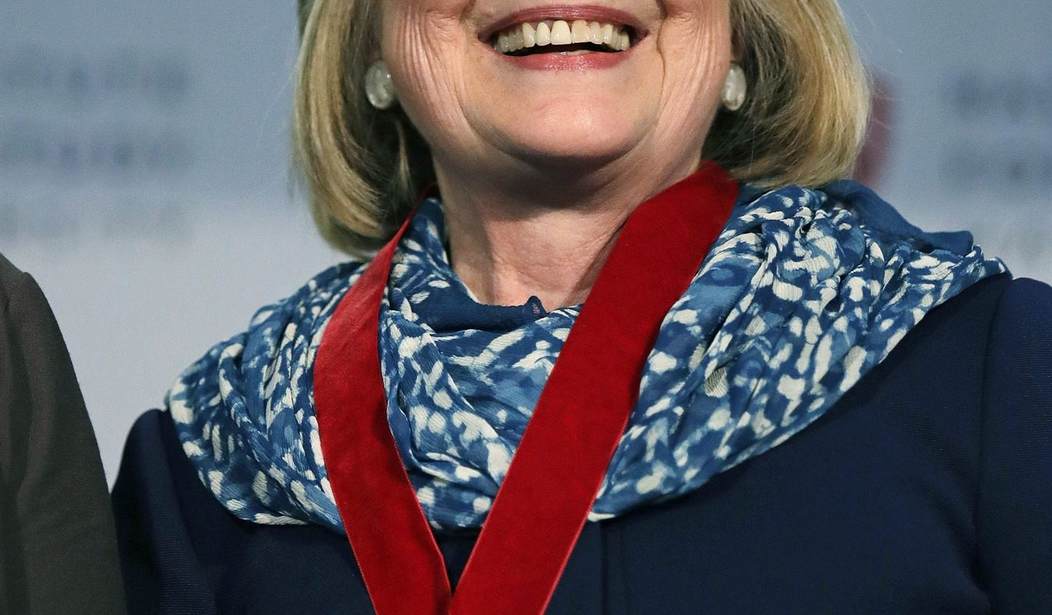U.S. District Court Judge Emmet G. Sullivan ruled on Thursday that former Secretary of State Hillary Clinton has 30 days to answer additional questions about her email scandal. The decision comes after Judicial Watch filed a lawsuit to obtain additional information from Clinton and Director of Information Resource Management of the Executive Secretariat John Bentel. The watchdog group also wanted top Clinton aides and State Department officials, including Huma Abedin and Cheryl Mills', deposition videos made public.
The lawsuit was part of a broader Freedom of Information Act (FOIA) lawsuit that came about in October 2016 when Clinton refused to answer several of Judicial Watch's questions, saying she "does not recall."
After a lengthy hearing, Clinton was told she must answer these two questions:
1. Describe the creation of the clintonemail.com system, including who decided to create the system, the date it was decided to create the system, why it was created, who set it up, and when it became operational.
2. During your October 22, 2015 appearance before the U.S. House of Representatives Select Committee on Benghazi, you testified that 90 to 95 percent of your emails “were in the State’s system” and “if they wanted to see them, they would certainly have been able to do so.” Identify the basis for this statement, including all facts on which you relied in support of the statement, how and when you became aware of these facts, and, if you were made aware of these facts by or through another person, identify the person who made you aware of these facts.
The judge did not buy her assertion of attorney-client privilege on the question about the emails “in the State’s system.”
Recommended
“A federal court ordered Hillary Clinton to answer more questions about her illicit email system – which is good news,” Judicial Watch President Tom Fitton said in a statement. “It is shameful that Judicial Watch attorneys must continue to battle the State and Justice Departments, which still defend Hillary Clinton, for basic answers to our questions about Clinton’s email misconduct.”
Although Judicial Watch was successful in that aspect of the lawsuit, the judge refused to make the deposition tapes public.

























Join the conversation as a VIP Member